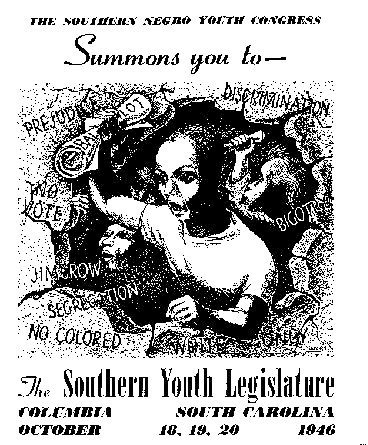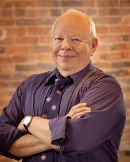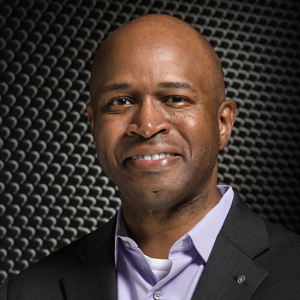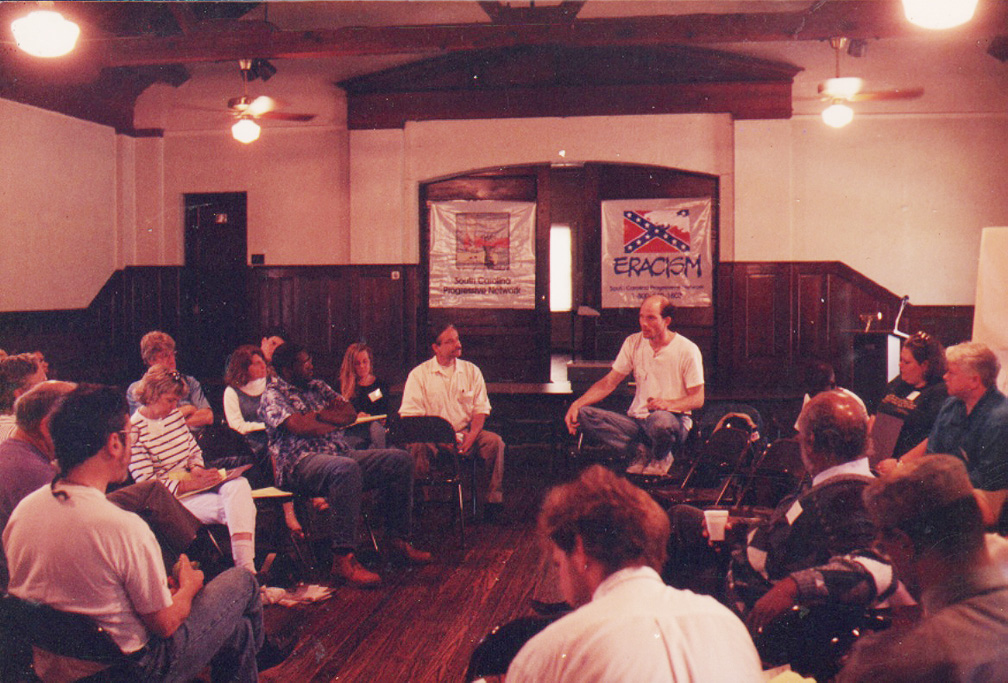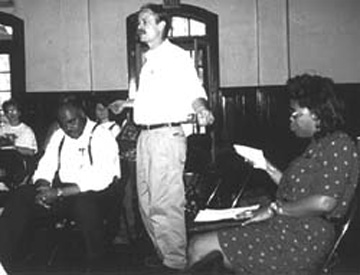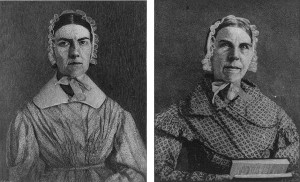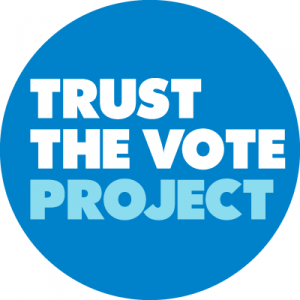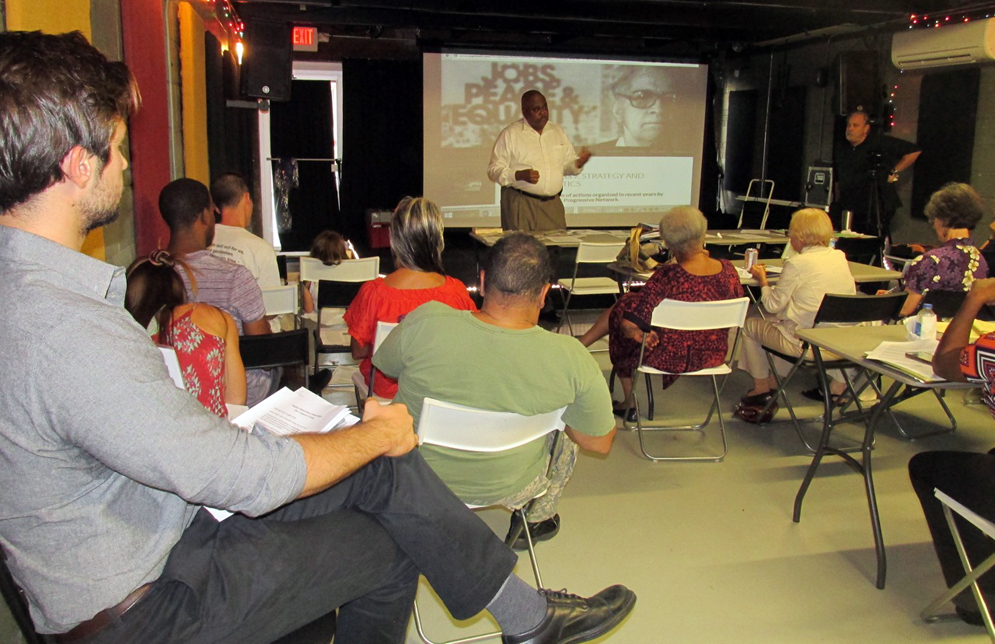Sunday, May 15
4-6pm
The Modjeska Simkins School for Human Rights
presents guest speaker
Dr. Bobby Donaldson
at its Sunday Social series
held on occasional Sundays at The Carriage House at the Robert Mills Mansion
1616 Blanding St., downtown Columbia (next to Township Auditorium)
USC Associate Professor of History and lead historian for the Columbia ‘63 Project Dr. Bobby Donaldson will talk about student leaders from the 1940s-1960s, the work of the SC Progressive Democratic Party, and the Southern Negro Youth Congress.
Donaldson will discuss and take questions about the civil rights movement in Columbia in the early 60’s, including the 187 black student’s arrested for praying on the grounds of the State House in 1961, at a time when blacks were not allowed to gather on the grounds. These arrests were the basis for the US Supreme Court ruling Edwards v. SC, which continues to protect citizens’ right to assemble on the State House grounds.
The SC Progressive Democratic Party of the 40s was organized as a multi-racial alternative to the whites-only Democratic Party. The PDP was two decades prior to the Mississippi Freedom Democratic Party that pushed for racial inclusion, with Fannie Lou Hamer gaining the national spotlight at the 1964 Democratic Convention. Modjeska Simkins worked with Osceola McKaine and John McCray, and was the strategist for the party.
The Southern Negro Youth Congress at the Township in 1946 was a highwater event of the human rights movement and a precursor to the modern civil rights movement. W.E.B. DuBoise gave the keynote speech that evening “Behold the Land,” considered his most powerful address. His words are as relevant today as they were then.
Sunday Socials are a free, public component of the Modjeska School, a project of the SC Progressive Network. For details, see http://www.scpronet.com/

